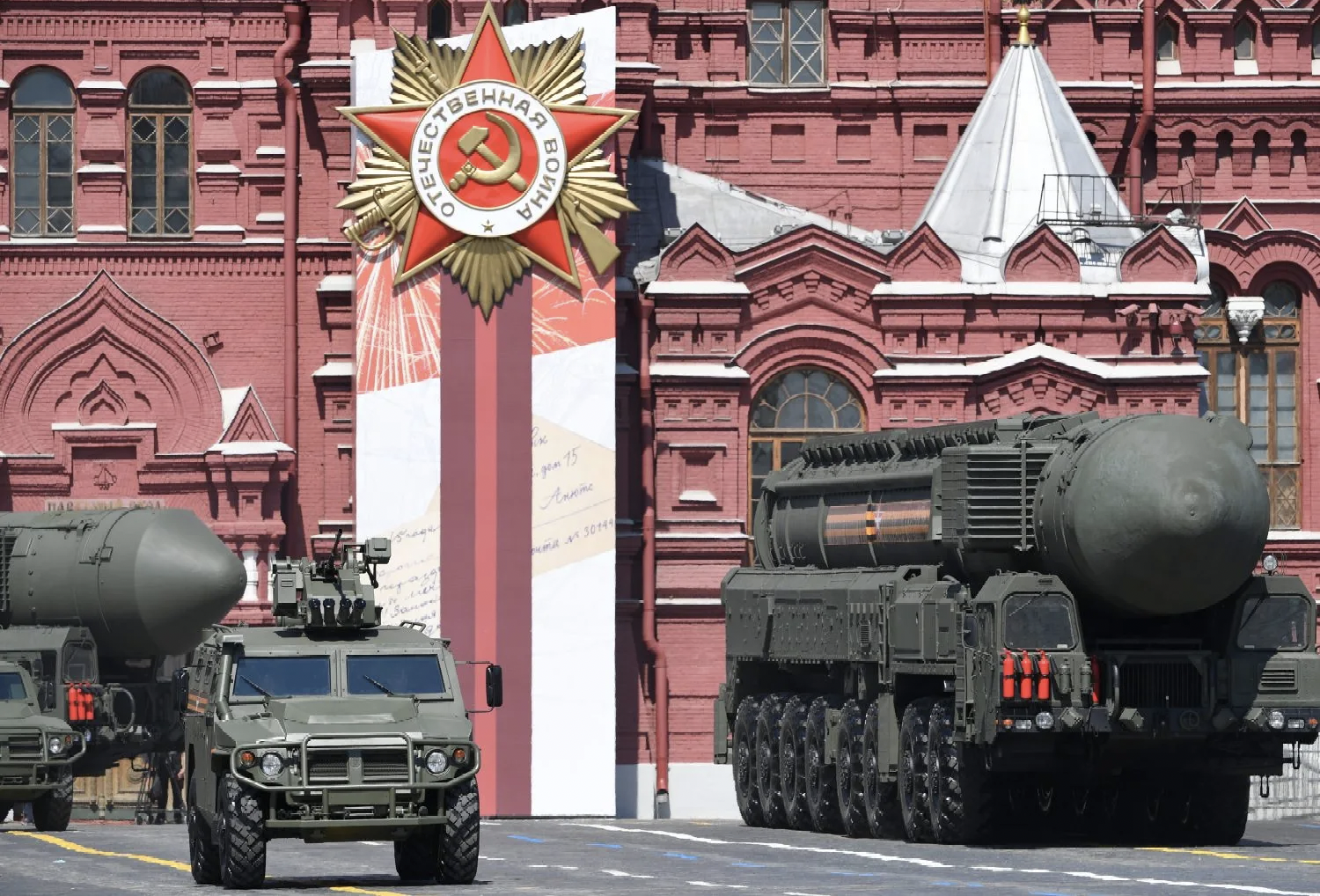NOAH CARL

During the last two weeks, there’s been a lot of talk about nuclear weapons in Ukraine: specifically, that the Russians might use them.
In an interview with NPR, the political scientist Matthew Bunn said “his best estimate” of the chance Russia uses a nuclear weapon is 10 to 20 percent. And in a widely discussed article, the physicist and ‘existential risk expert’ Max Tegmark gave the chance as 30%.
In a speech on October 6th, Biden referred to the “prospect of Armageddon” and claimed Putin is “not joking” when he talks about using nuclear weapons – comments the New York Times described as “highly unusual for any American president”.
And in an article published four days later, the former CIA director Leon Panetta claimed, “Some intelligence analysts now believe that the probability of the use of tactical nuclear weapons in Ukraine has risen from 1-5 percent at the start of the war to 20-25 percent today”.
Biden and Panetta’s comments are especially notable given their provenance – the current president and former CIA director, respectively. Why the sudden focus on a possible nuclear strike?
There are several different theories. The first and most obvious is that the chance of Russia using nukes actually has increased. Putin suffered humiliating defeats in Kharkiv and Kherson, so the theory goes. And once the Ukrainians retake more territory, he might use nuclear weapons to turn the tide of battle, or to force his enemies to the negotiating table.
Yet as Ian Rons argued in the Daily Sceptic, there are good reasons to believe Putin wouldn’t use nuclear weapons even if his army was on the back foot.
A second theory is that claims about a possible Russian nuclear strike are just Western propaganda – another attempt to portray Putin as a deranged warmonger who must be stopped at all costs.
This seems implausible for the simple reason that exaggerating the risk of a nuclear strike could have the opposite effect – of making Westerners more amenable to de-escalation through diplomacy. Indeed, many pundits have cited the estimates above as a reason to sue for peace.
A third theory is that the U.S. is setting the stage for a false flag attack where it detonates a nuclear bomb and then blames it on Russia – creating a pretext for further escalation. This theory is discussed in a lengthy Substack article by an anonymous pro-Russian commentator.
But it seems difficult to believe the U.S. would carry out such a risky operation – which really could spark World War 3. After all, America has already achieved its main strategic objectives: degrading Russia’s armed forces, and driving a wedge between Europe and Russia.
A fourth theory is that the U.S. is preparing the Western public for a climbdown whereby support for Ukraine is withdrawn or some kind of deal is brokered with Russia – perhaps because Western munition stocks are running low.
The fact that Biden referred to “Putin’s off ramp” in his October 6th speech lends some credence to this theory. On the other hand, U.S. officials have repeatedly said they’ll support Ukraine for “as long as it takes”. And according to a recent Washington Post article, they’ve “ruled out the idea of pushing or even nudging Ukraine to the negotiating table”.
I can’t say which, if any, of these theories is right. But it’s certainly alarming to hear presidents and former CIA directors speaking so openly about a potential nuclear strike.
No comments:
Post a Comment